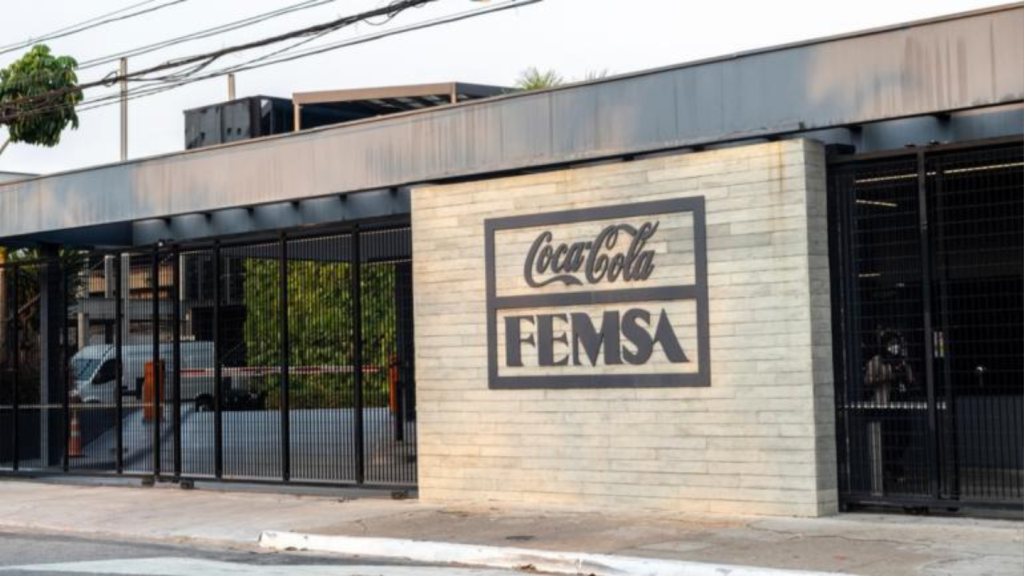Mexican beverage group Coca-Cola FEMSA is expanding capacity to meet demand and plans to set up plants in Mexico and Brazil.
Speaking to investors following the publication of Coca-Cola FEMSA's second-quarter results, CEO Ian Craig said the bottler was carrying out the capacity expansion plan it started last year and expects to have 15% more capacity by the end of 2025.
Craig said that the company would “at some point” establish production plants in both Mexico and Brazil, projects he described as “full new greenfield” sites.
He said Coca-Cola FEMSA is currently planning is to “saturate our current facilities” by adding production lines and increasing the capacity of its current assets.
“Eventually we will need a new plant to serve the south-east territory of Mexico, so as long as we can keep adding lines to our facilities, that's the way to go,” he told investors.
This year, Coca-Cola FEMSA has been installing seven lines at its facilities, with two lines added in Mexico, Brazil and Guatemala, plus one installed in Colombia.
In the second quarter ended 30 June, the group’s Mexico division had a 7.9% year-on-year increase in total volumes to 599.5 million unit cases (a case defined as 192 ounces of finished beverage).
Brazil saw its volumes rise to 269.4 million unit cases, which equalled growth of 12.1%.
In Mexico, revenue was up 16% to 37.47bn ($2.08bn) pesos, while Brazil’s increased 8.8% to 16.44bn pesos.
Coca-Cola FEMSA is the largest Coca-Cola franchise bottler in the world by sales volume and is listed on the Mexican Stock Exchange. It has a portfolio of 134 brands and operates 56 manufacturing plants and 251 distribution centres.
In its second quarter, Coca-Cola FEMSA posted total revenue of 69.45bn pesos ($1.18bn), up 13.1% year on year.
Gross profit was up 17.2% to 31.96bn pesos. Its adjusted EBITDA for the second quarter was 13.92bn pesos, an increase of 21.7% on the previous year.
The group’s volumes grew by 7.5% in the second quarter, reaching 1.09bn unit cases.
In May, Coca-Cola FEMSA had to temporarily shut one of its production sites in Brazil following severe floods in the local area.
The closure of the site in Porto Alegre came after the southern state of Rio Grande do Sul experienced extreme rainfall.









